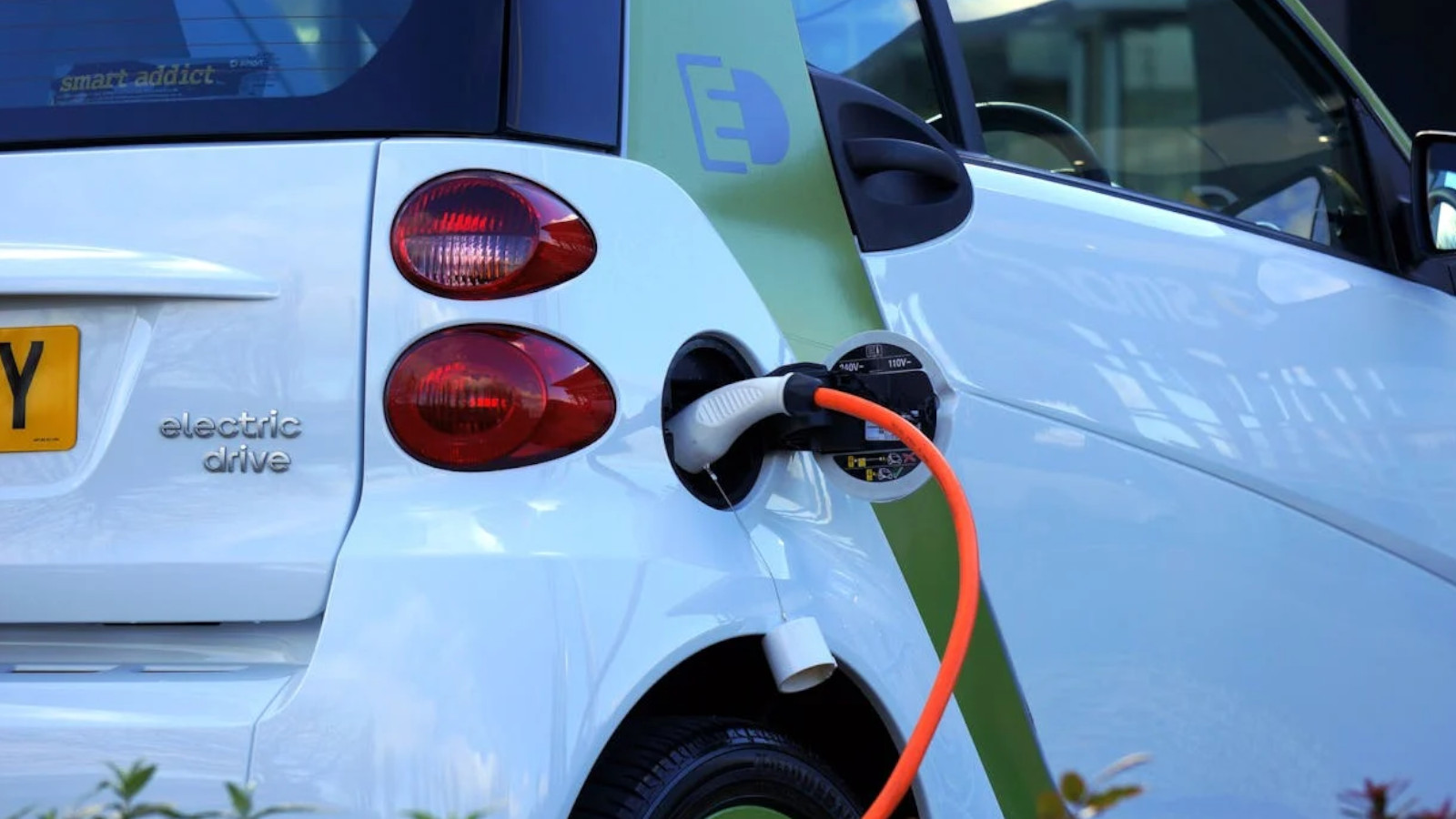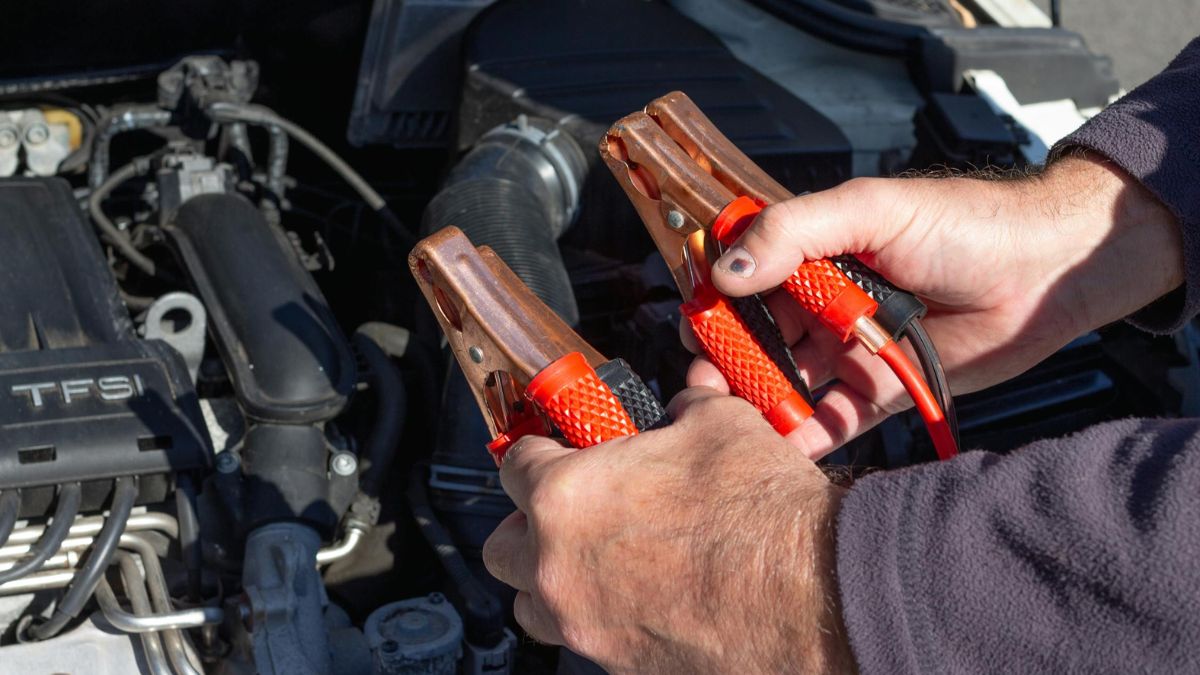India’s electric vehicle (EV) market is shifting gears, with a growing number of citizens choosing eco-friendly electric cars. Owning an EV comes with its own set of advantages, including lower running costs and reduced environmental impact. But perhaps the biggest perk for many is the convenience of charging at home. This guide explores everything Indian EV owners need to know about home charging, making the switch to electric seamless.
Understanding Home Charging Options
There are two primary options for charging your EV at home in India:
- Regular 3-Pin Socket: Most Indian households have these sockets. While convenient and universally available, they offer slow charging speeds (around 3.3 kW). This might be suitable for EVs with smaller batteries or overnight charging, but for larger batteries or quicker top-ups, a dedicated charger is recommended.
- AC Wall Charger: This is a faster and more efficient option. AC wall chargers come in various capacities, typically ranging from 7 kW to 22 kW. Installation requires a licensed electrician and may involve upgrading your home’s electrical infrastructure depending on the chosen charger’s power output.
Factors to Consider When Choosing a Home Charger
- Battery Capacity of Your EV: A larger battery will require a higher-capacity charger for faster charging times.
- Driving Habits: If you have long daily commutes, a faster charger might be ideal. For those with shorter commutes or primarily intra-city driving, a slower charger may suffice.
- Home Electrical Infrastructure: Older homes might require upgrades to accommodate the higher power demands of an AC wall charger. Consulting a qualified electrician is crucial.
- Government Incentives: The Indian government offers subsidies and tax benefits for setting up home charging stations. Research these benefits to make an informed decision.
The Installation Process
- Select a Reputable Charger Brand: Choose a charger with a proven safety record and warranty. Many EV manufacturers offer compatible chargers.
- Consult a Licensed Electrician: They will assess your electrical panel’s capacity, recommend the appropriate charger based on your needs, and handle the safe installation.
- Permits and Approvals: Depending on your locality, obtaining permits from your electricity distribution company might be necessary.
Maximizing Your Home Charging Experience
- Night-time Charging: Take advantage of off-peak electricity tariffs by scheduling charging during the night.
- Dedicated Charging Point: Designate a convenient parking spot for charging to avoid extension cords and ensure safe charging practices.
- Mobile App Connectivity: Many chargers offer smartphone apps for monitoring charging status and scheduling.
- Regular Maintenance: Refer to the manufacturer’s instructions for proper maintenance of your home charging station.
Home charging is a convenient and cost-effective way to power your EV in India. By understanding the available options, considering your specific needs, and following safety guidelines, you can create a seamless home charging experience for your electric car. As the EV ecosystem in India continues to evolve, expect further advancements in home charging technology and infrastructure, making electric mobility an even more attractive proposition.
Discover more from Wheels Craze - Automotive News, EV News, Car News, Bike News
Subscribe to get the latest posts sent to your email.





